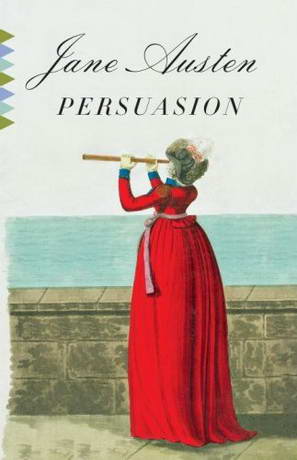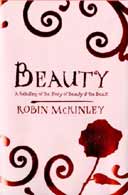January books
This was posted in 50bookchallenge first, but since I love lists, a copy is going in my journal too, as will forthcoming entries. These are the 5 books I read in January, and I'm currently at #42 out of 100 books that I plan to read by the end of the year.
1. Jane Eyre by Charlotte Bronte

For some reason, I never read this book in middle school or high school, which is, I'm given to understands, the usual time. I instead waited til I found this GORGEOUS edition before finally picking it up. After finishing it, all I can do is regret not reading it before, and wishing that I might have the supreme joy of reading it again for the first time. I'd heard that this novel was boring and unbelievable, and the characters unsympathetic. I found it to be full of engaging, exciting people and page-turning action.
The love story between Jane and Rochester is one I will not soon forget. With the presence of such a love in fiction, how can one ever hope for anything comparable in real life? [5/5]
2. Gentlemen and Players by Joanne Harris

I was a little unsure of this book, having read Chocolat by the same author, and been slightly disappointed. However, I was very glad I did pick it up. This book, which largely takes place at a boy's boarding school, gave me a lot of food for thought. An important theme in the book is that of the role of education in a person's life. Harris herself was a schoolteacher for many years, and poured much of her experience into writing the novel. I'm an aspiring teacher myself, and I found it fascinating to read the differing points of view in the novel, one of an aging teacher, the other a vengeful former student. The two points of view are made even clearer by the assignment of chess pieces to each voice. I'm not a chess player, and chess metaphors often go over my head, but Harris writes so elegantly and engagingly that it's not a problem at all. [4/5]
3. Spindle's End by Robin McKinley

Robin McKinley is one of my favorite authors. She writes with such imagination and clarity that one cannot help but fall headfirst into her worlds. The world of Spindle's End is one where magic seeps into every corner of life, and royalty is characterized by its steadfast imperviousness to it. Spindle's End is really an adaptation of the Sleeping Beauty story, but it goes above and beyond the old tale in scope and detail. McKinley's greatest gift is her ability to write strong, capable female characters. The princess, Rosie, finds her own path in the story. She does not rely on the prince to save her, but saves herself, and everyone she loves. By the end of the novel, the Sleeping Beauty story is a mere framework. The world and characters that McKinley creates take a life of their own and make the novel infinitely more engaging than the fairy tale. [5/5]
4. Persuasion by Jane Austen

Having completed Persuasion, I have only 2 more full-length Austen works to read. I very much enjoyed this "most mature" of Austen's novels. As her last novel, Persuasion is permeated with the frustrations and complicated emotions of a woman past the age of marriage, longing for her lost love. I have a soft spot for Austen novels set in Bath, my favorite of her's being Northanger Abbey, and the city is definitely a character in itself in this novel.
The one thing I really loved about this novel was the fantastic richness of the characters. In her earlier novels, Austen creates colorful characters, but not with as much depth as in this novel. After reading this, one becomes intimately acquainted with everyone, and feels with them their fears, joys, and sadnesses. [4/5]
5. Beauty by Robin McKinley

"Beauty and the Beast" is probably McKinley's favorite story to adapt. For me though, none of her later adaptations hold a candle to this simple and beautiful novel. In it, we learn much more about Beauty and her family. Her sisters are given names, and the family's lives after their exile from the city are told in great detail. We learn more about the Beast, and a hint of magic lingers throughout the novel.
I mentioned before that McKinley creates wonderful female characters. Beauty (her given name is Honour), is no exception. She starts off as an ugly duckling who loves reading more than anything (a fact that endeared me to her as a young bookworm myself). Throughout the novel, she grows as a character, paralleled by a change in height. By the end, she has emerged from her shell, but does not give in to outside pressure. Just as Rosie does in Spindle's End, Beauty finds her own way to save herself.